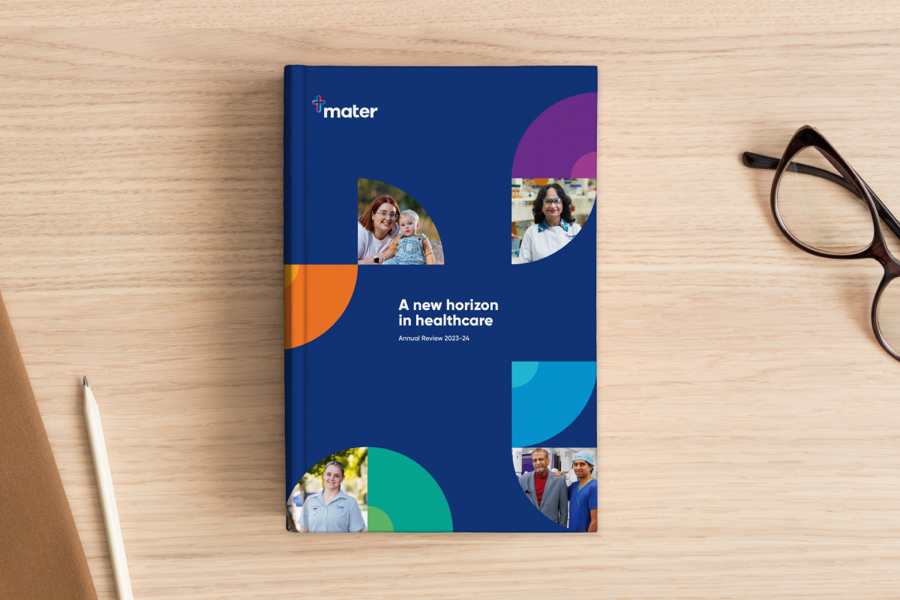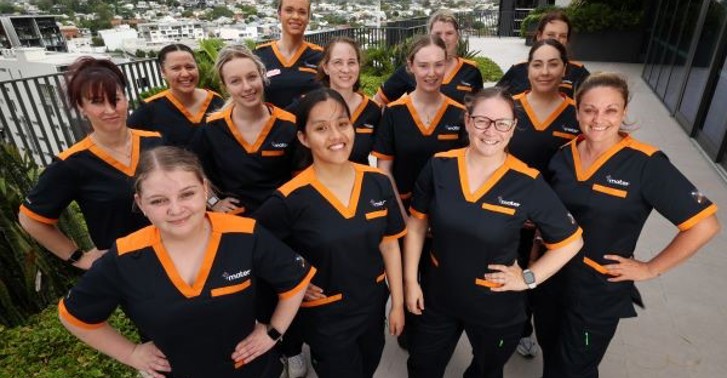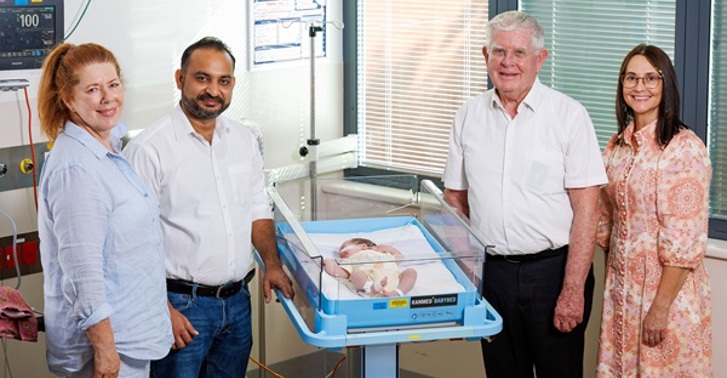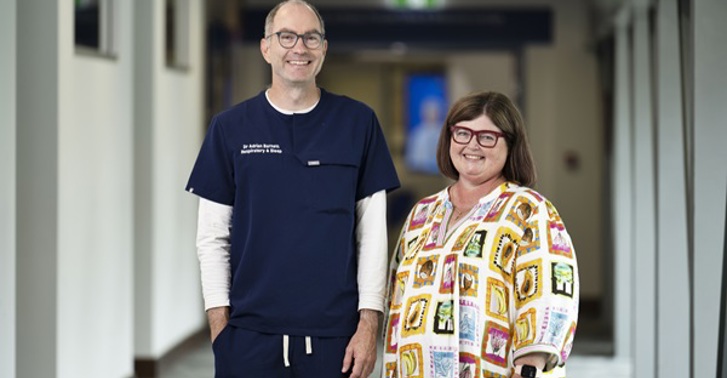
Share your story
At Mater, we value effective communication—with staff, patients and the community. To keep up to date with news at Mater, you can review the latest news updates on this page or you can follow us or join the conversation. A Media and Communications Officer is on-call 24 hours a day, seven days a week. To contact the on-call officer, please phone Mater Switchboard on 07 3163 8111 or 07 3098 8111 and ask to be put through to the Media and Communications Officer on-call or give us online feedback.
Mater publications

Annual Review
We are our Mission.
Mater exists to respond to unmet community need; to provide compassionate care to those who need it most. We see this care—our Mission in action—every day. Sometimes, it’s uplifting. Sometimes, it’s heartbreaking. Sometimes, it’s humbling. It is genuine kindness, offered compassionately without expectation. It is who we are.

Primary Focus
Welcome to Mater’s magazine for Queensland’s medical community.
Primary Focus is a quarterly update on the latest services, programs and specialists at Mater’s 11 hospitals across Queensland.
As doctors, you are the first port of call for Queenslanders seeking or requiring access to specialist healthcare services, and so it is for you that this quarterly publication has been created.

Springfield Scoop
We are our Mission.
Mater exists to respond to unmet community need; to provide compassionate care to those who need it most. We see this care—our Mission in action—every day. Sometimes, it’s uplifting. Sometimes, it’s heartbreaking. Sometimes, it’s humbling. It is genuine kindness, offered compassionately without expectation. It is who we are.



